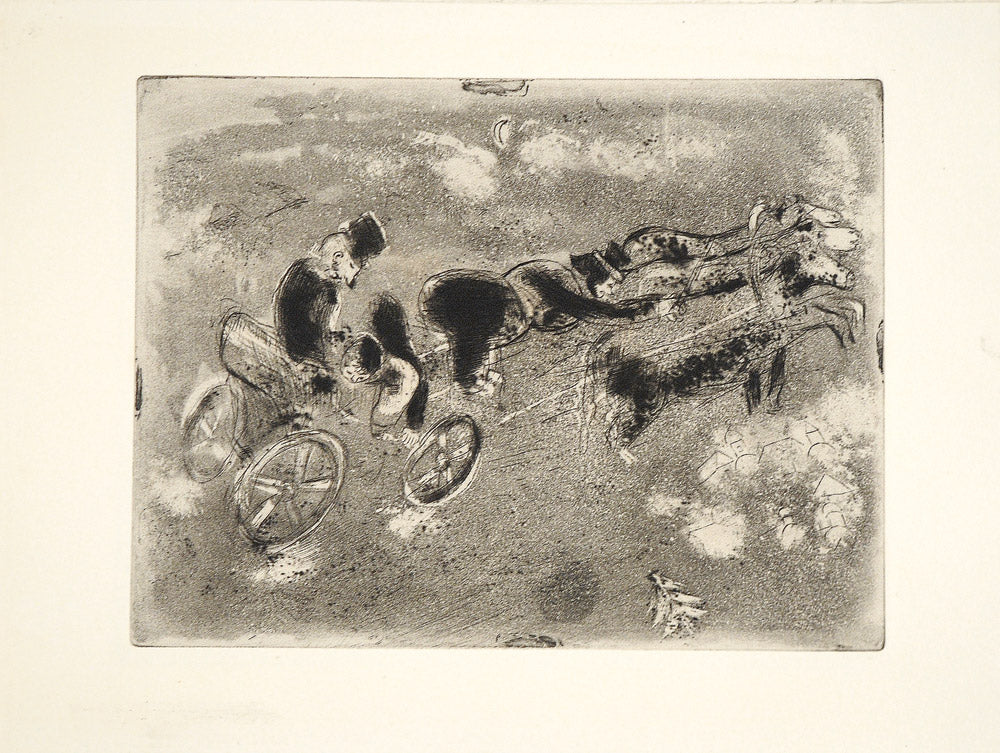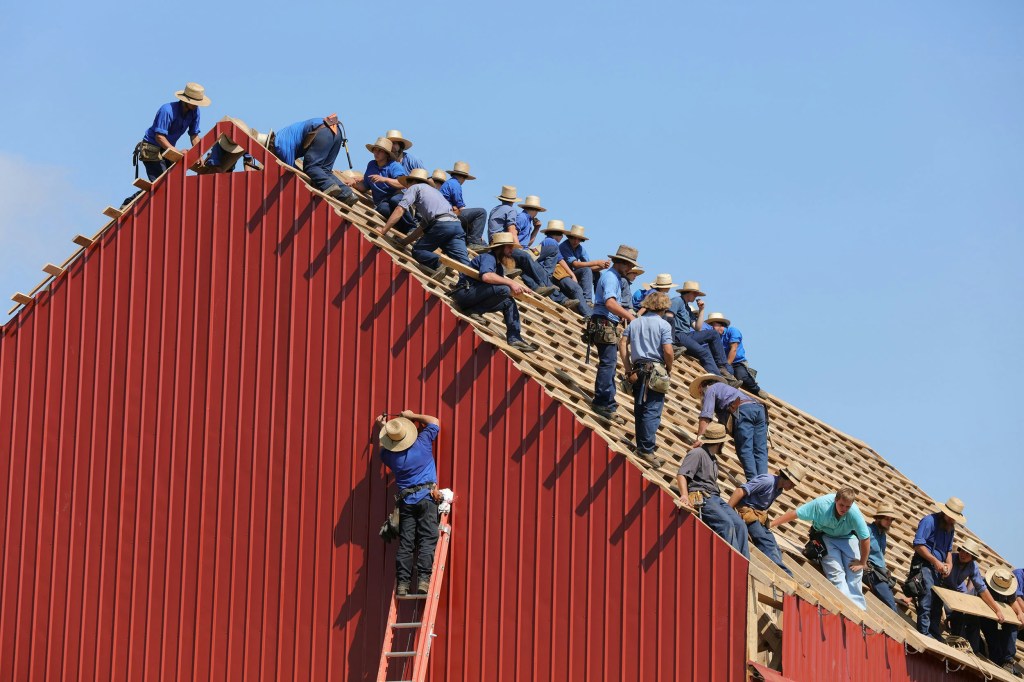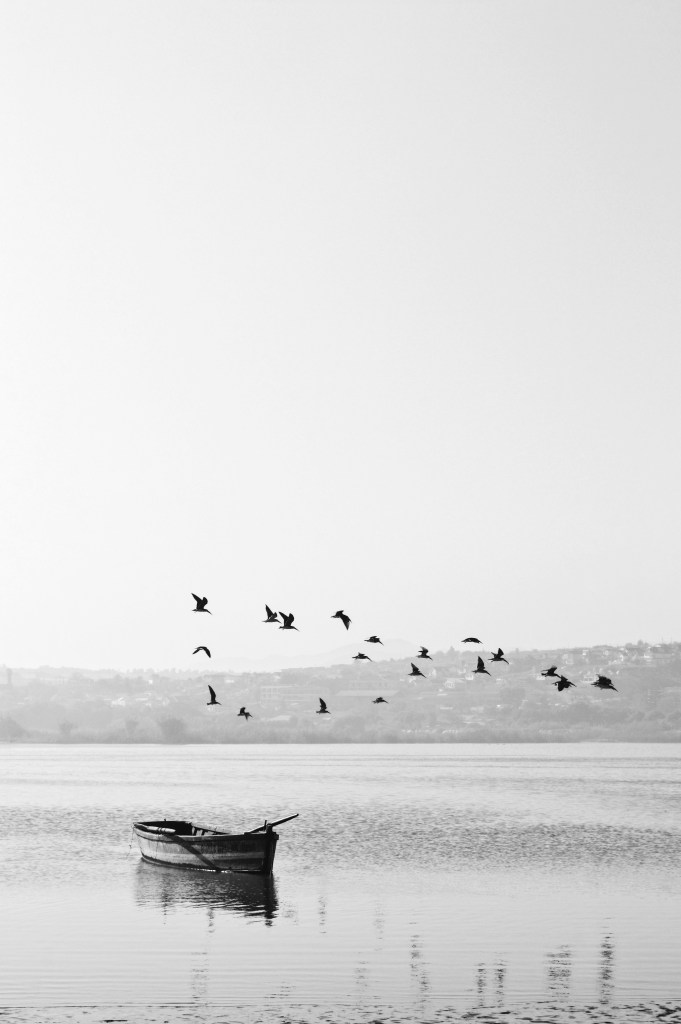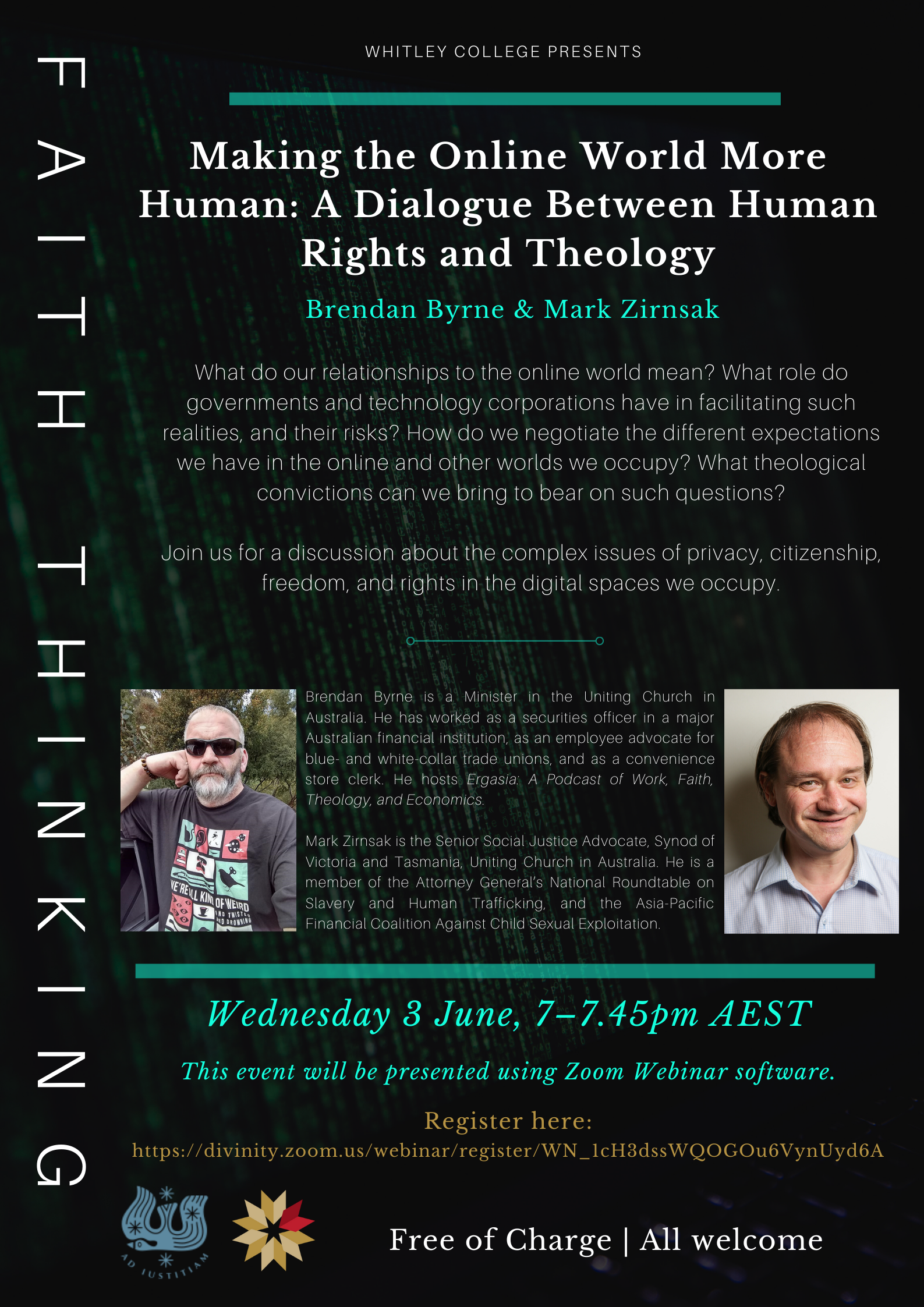
‘In Ukraine there are no Jews. Nowhere – not in Poltava, Kharkov, Kremenchug, Borispol, not in Iagotin. You will not see the black, tear-filled eyes of a little girl, you will not hear the sorrowful drawling voice of an old woman, you will not glimpse the swarthy face of a hungry child in a single city or a single one of hundreds of thousands of shtetls.
Stillness. Silence. A people has been murdered. Murdered are elderly artisans, well-known masters of trades: tailors, hatmakers, shoemakers, tinsmiths, jewellers, housepainters, furriers, bookbinders; murdered are workers: porters, mechanics, electricians, carpenters, furnace workers, locksmiths; murdered are wagon drivers, tractor drivers, chauffeurs, cabinet makers; murdered are millers, bakers, pastry chefs, cooks; murdered are doctors, therapists, dentists, surgeons, gynecologists; murdered are experts in bacteriology and biochemistry, directors of university clinics, teachers of history, algebra, trigonometry; murdered are lecturers, department assistants, candidates and doctors of science; murdered are engineers, metallurgists, bridge builders, architects, ship builders; murdered are pavers, agronomists, field-crop growers, land surveyors; murdered are accountants, bookkeepers, store merchants, suppliers, managers, secretaries, night guards; murdered are teachers, dressmakers; murdered are grandmothers who could mend stockings and bake delicious bread, who could cook chicken soup and make strudel with walnuts and apples; and murdered are grandmothers who didn’t know how to do anything except love their children and grandchildren; murdered are women who were faithful to their husbands, and murdered are frivolous women; murdered are beautiful young women, serious students and happy schoolgirls; murdered are girls who were unattractive and foolish; murdered are hunchbacks; murdered are singers; murdered are blind people; murdered are deaf and mute people; murdered are violinists and pianists; murdered are three-year-old and two-year-old children; murdered are eighty-year-old elders who had cataracts in their dimmed eyes, cold transparent fingers and quiet, rustling voices like parchment; murdered are crying newborns who were greedily sucking at their mothers’ breasts until their final moments. All are murdered, many hundreds of thousands, millions of people.
This is not the death of individuals at war who had weapons in their hands and had left behind their home, family, fields, songs, books, customs and folktales. This is the murder of a people, the murder of homes, entire families, books, faith, the murder of the tree of life; this is the death of roots, and not branches or leaves; it is the murder of a people’s body and soul, the murder of life that toiled for generations to create thousands of intelligent, talented artisans and intellectuals. This is the murder of a people’s morals, customs and anecdotes passed from fathers to sons; this is the murder of memories, sad songs, and epic tales of good and bad times; it is the destruction of family homes and of burial grounds. This is the death of a people who had lived beside Ukrainian people for centuries, labouring, sinning, performing acts of kindness, and dying alongside them on one and the same earth’.
– Vasily Grossman, ‘Ukraine without Jews’, trans. Polly Zavadivker. Jewish Quarterly 58, no. 1 (2011): 13.
Grossman’s essay, originally titled ‘Ukraine bez yevreev’ in Russian, faced significant publication hurdles. The Red Army’s official newspaper, Krasnaya Zvezda, initially rejected the piece. It eventually found its way to print only in a shortened, Yiddish translation in Einikeit, the Jewish Anti-fascist Committee’s journal. The original Russian version remained unpublished during Grossman’s lifetime, until its discovery and publication in the journal Vek in 1990.















